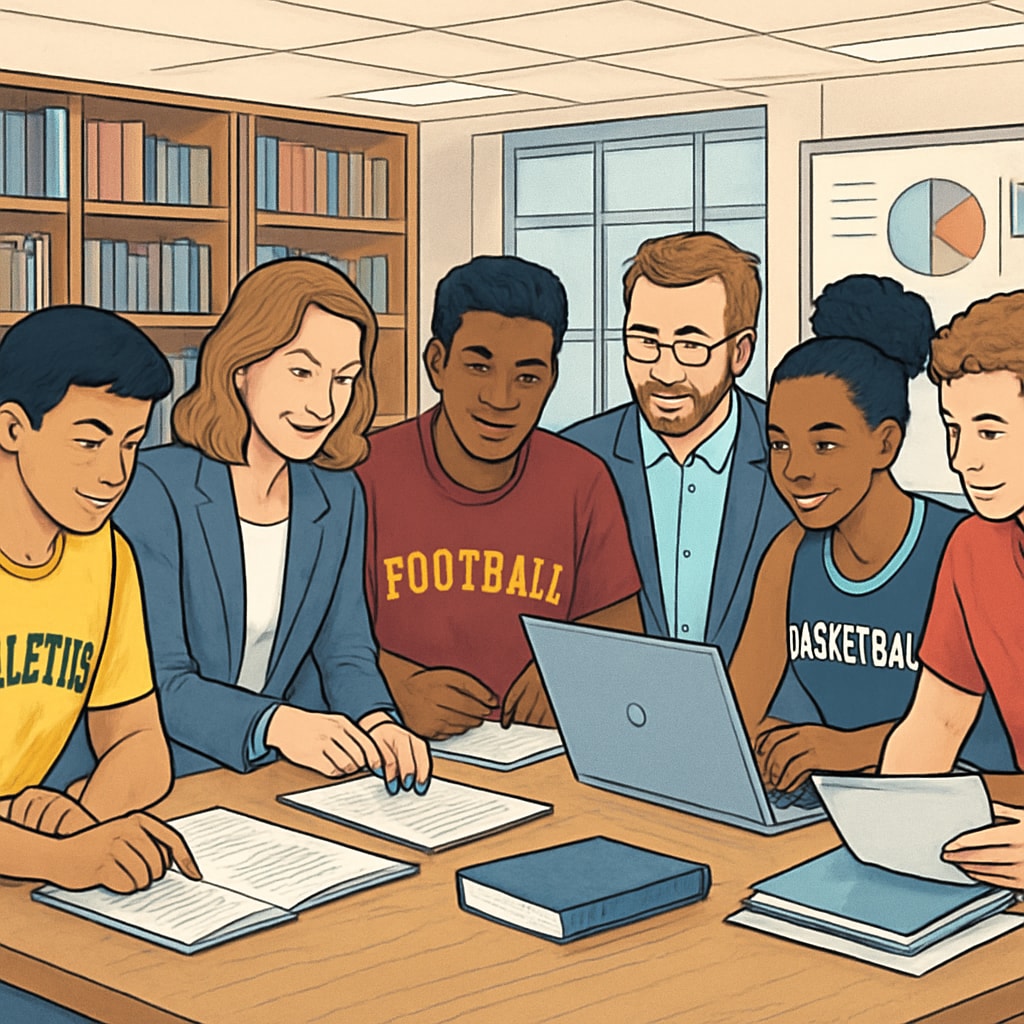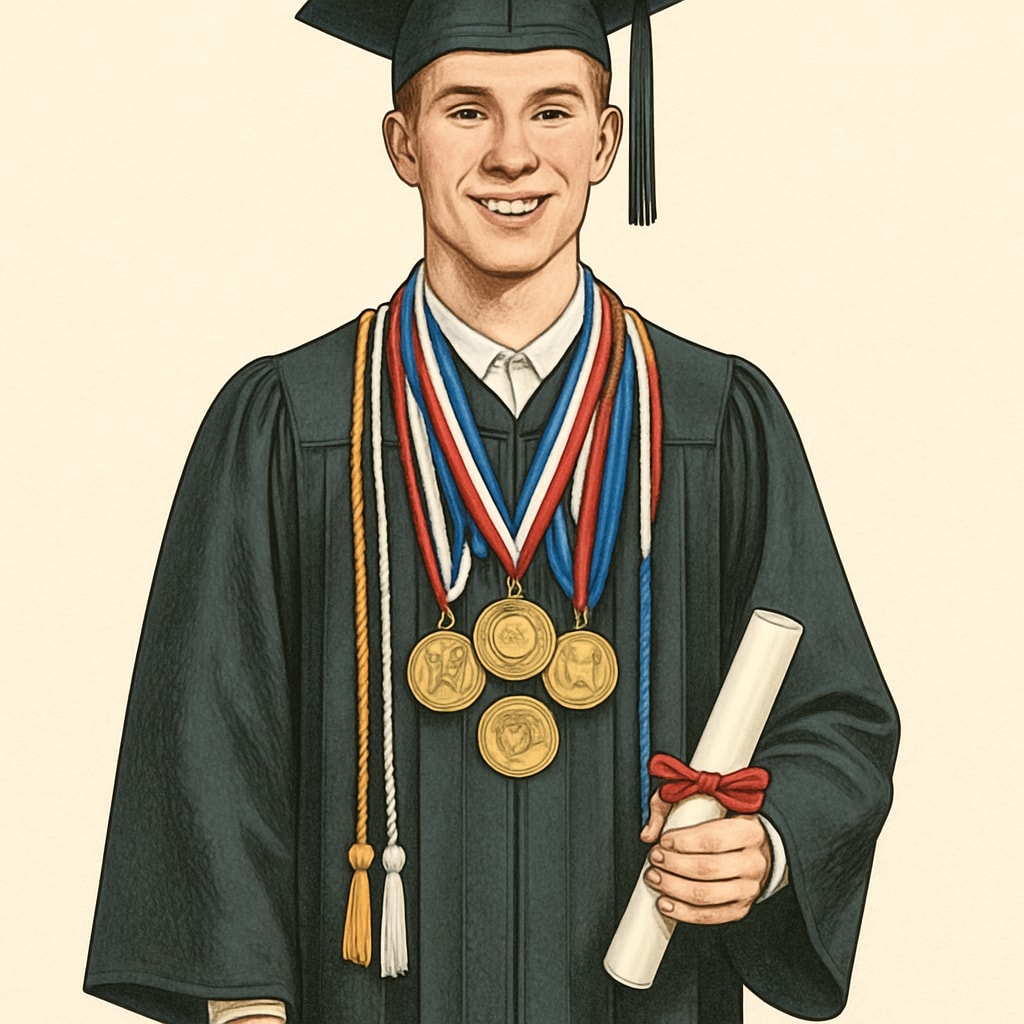Academic integrity, AI detection, and student-athlete success have become interconnected challenges for modern universities. As artificial intelligence tools make academic dishonesty more sophisticated, college sports teams are implementing multilayered defenses. These measures combine technological solutions with human oversight to maintain fairness while supporting athletes’ dual roles.
The Rising Threat of AI-Assisted Cheating
A 2023 study by the NCAA revealed that 28% of Division I athletes admitted using AI tools for assignments. Unlike traditional plagiarism, AI-generated content requires advanced detection methods. Universities now employ:
- Algorithmic pattern recognition software
- Writing style analysis across multiple submissions
- Oral defense sessions for suspicious work

Balancing Detection With Support Systems
According to Inside Higher Ed, punitive approaches alone prove ineffective. Leading programs combine AI monitoring with:
- Mandatory academic integrity workshops
- Dedicated tutoring for challenging courses
- Time management training for competition seasons
For example, the University of Michigan’s athletic department reduced AI cheating incidents by 63% after implementing “Academic Success Teams.” These groups include faculty mentors, peer tutors, and learning specialists who work closely with athletes.
The Win-Win Outcomes
This dual approach yields measurable benefits:
- 72% higher graduation rates among participating athletes
- 15% improvement in team GPAs across surveyed programs
- Reduced stress levels reported in athlete wellness surveys

Key takeaway: By treating academic integrity and athletic achievement as complementary goals, universities create environments where AI tools become learning aids rather than cheating shortcuts.


